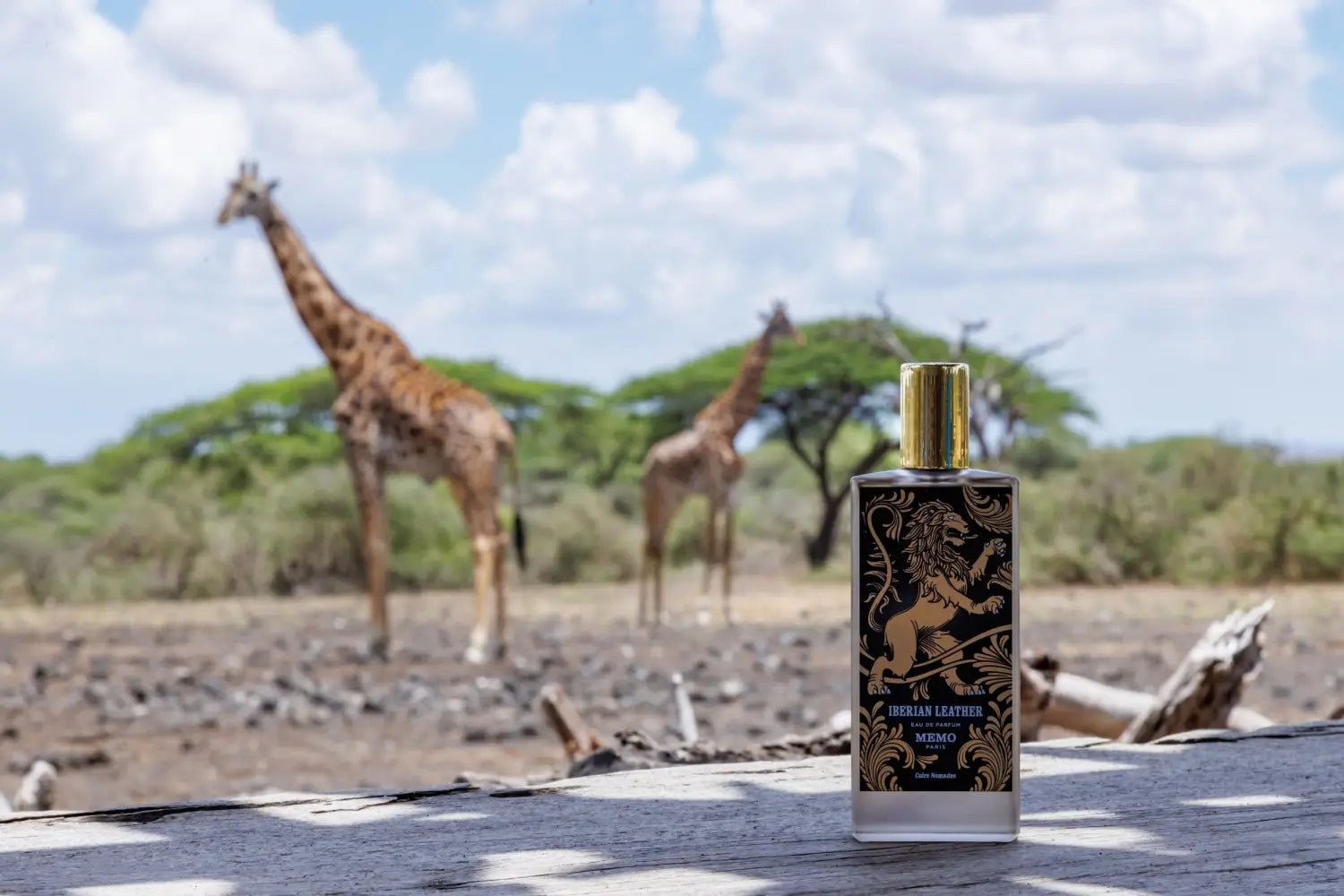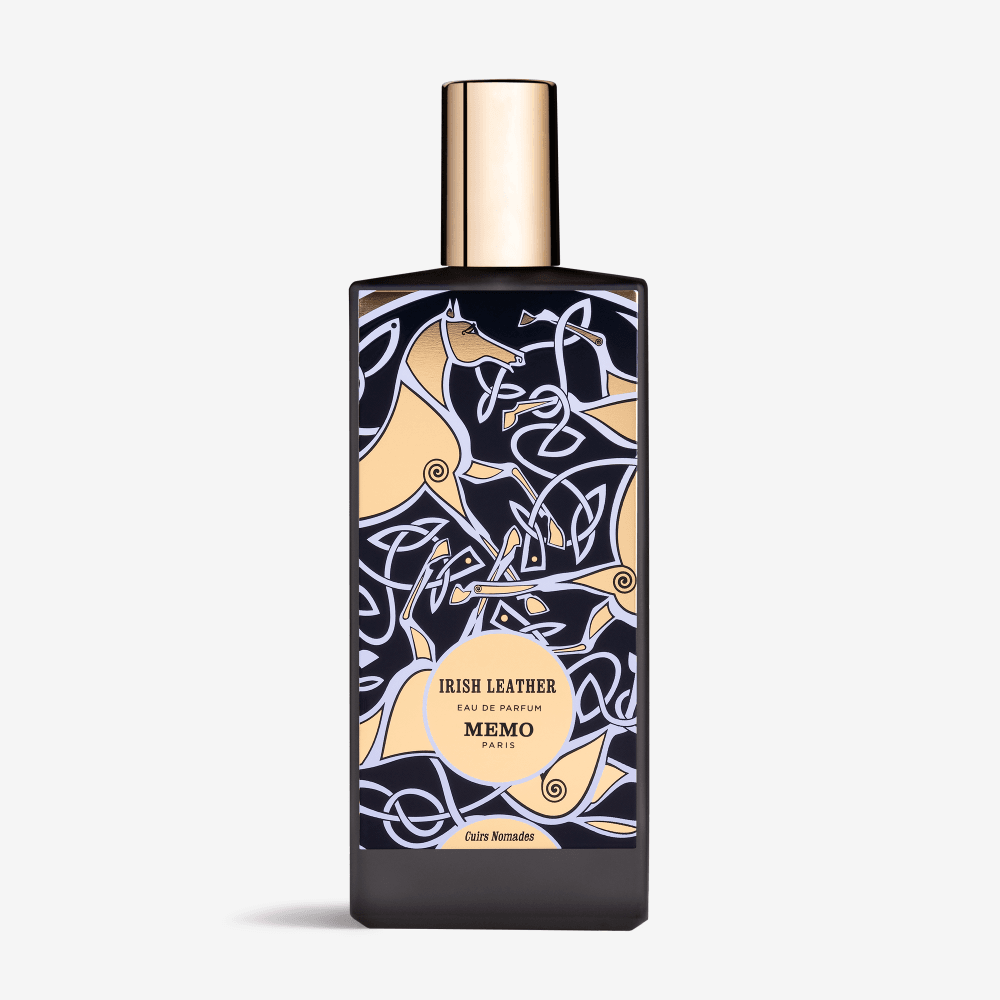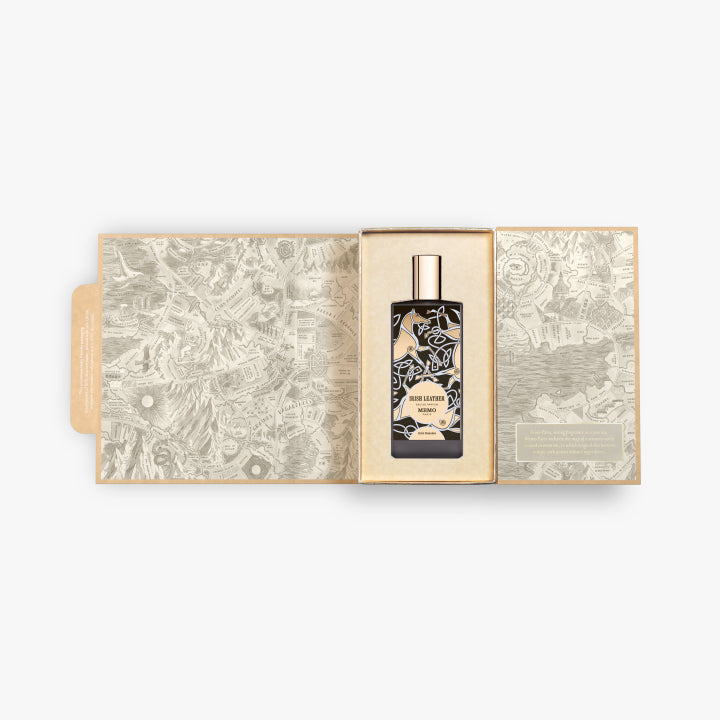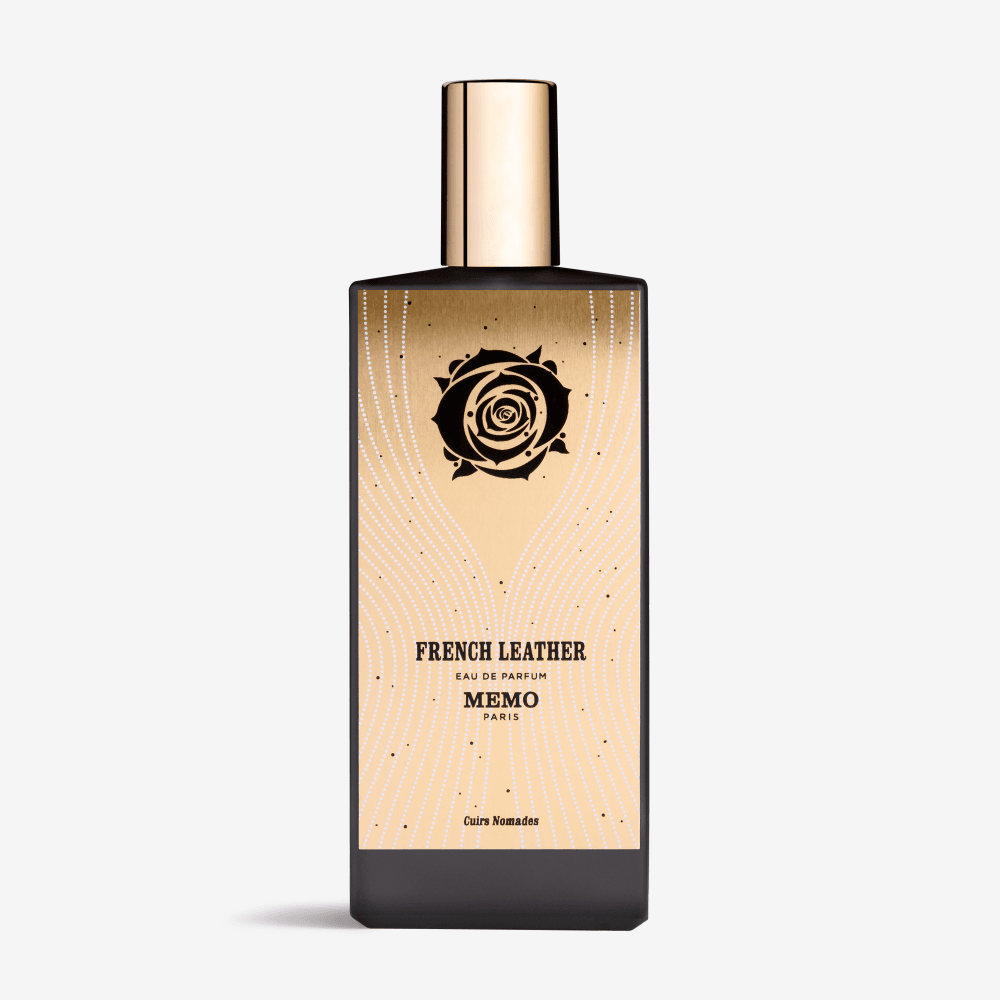
Big life foundation

As a wink to the animals that adorn the flacons of our Cuirs Nomades collection, Memo Paris is proud to support Big Life Foundation (Big Life). An organization that operates in Amboseli-Tsavo-Kilimanjaro ecosystem of East Africa to protect wildlife and ensure a peaceful coexistence between communities and animals. Because nature is our most precious resource, its conservation is our priority.
BIG LIFE MISSION
On the ground in East Africa, partnering with communities to protect nature for the benefit of all.
BIG LIFE VISION
Envisioning a world in which conservation supports the people and reciprocally.
Big Life has worked over the past two decades to become a trusted leader, with a holistic-conservation model that is protecting wildlife for the benefit of all. Using innovative conservation strategies and collaborating closely with local communities, partner NGOs, national parks, and government agencies, Big Life seeks to protect and sustain East Africa’s wildlife and wild lands, including one of the greatest populations of elephants left in East Africa. One of Big Life’s key programs is the Predator Compensation Fund, born 20 years ago, PCF is an innovative community program that protects lions and other predators by partially compensating local livestock owners for verified depredation, on the condition that no predators are killed in retaliation. The output of Big Life’s efforts includes 5+ years without a poached elephant and 7+ years without a poached rhinoceros.

Did you know that :
90% of wild animals spent 75% of their time outside of protected areas.
This makes it harder for rangers to protect them and ensure peaceful coexistence between wild animals and local communities.
The Greater Amboseli region is one of the few across Africa where lion populations is growing, not declining.
Thanks to the work of charities, the lion population in the area grew from less than 20 to 250+ in just twenty years.
Traditionally, Maasai hunt lions as a mark of manhood, bravery, and prestige.
The Maasai Olympics represent a history-changing shift from killing to conservation. The idea was first hatched in 2008 by the Menye Layiok, or Maasai “cultural fathers,” to create an organized sports event.
To learn more, visit Big Life Foundation website.






















